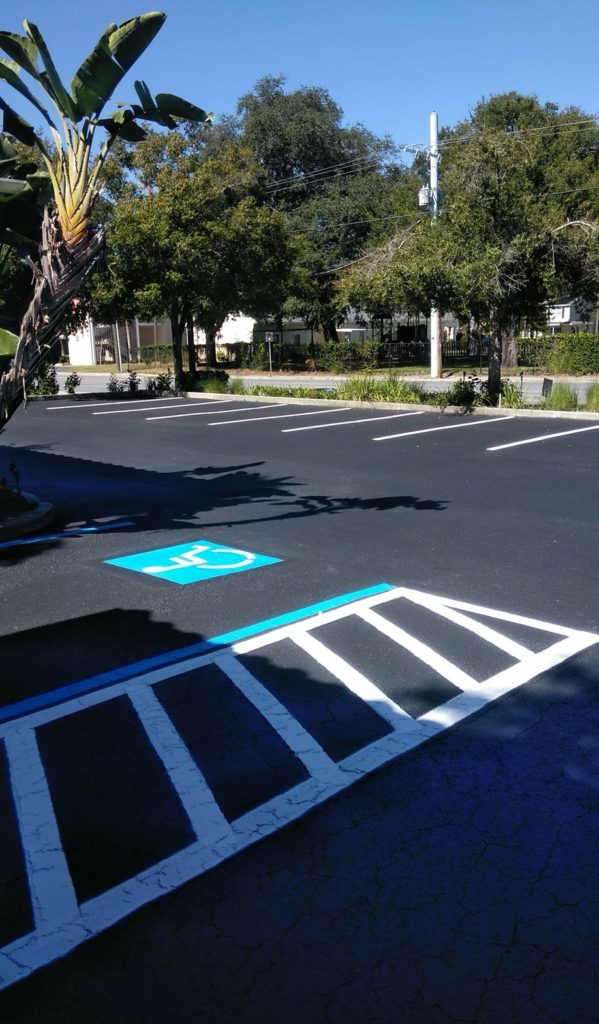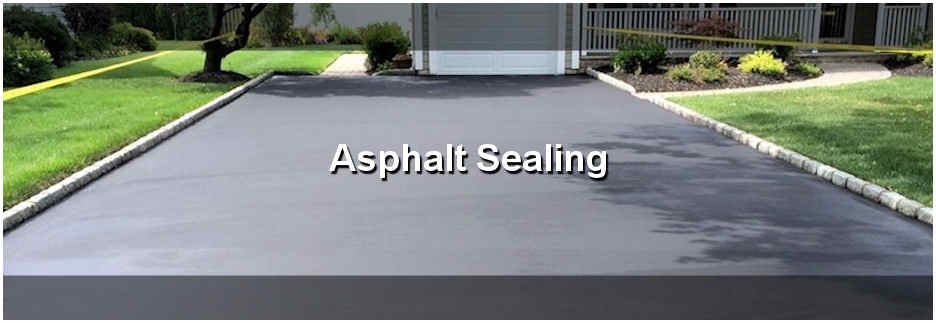Cold Mix Asphalt Vs. Hot Mix Asphalt: Which Is Right for You?

Structure Differences
Cold mix asphalt is generated by emulsifying the asphalt binder with water and an emulsifying agent before mixing it with accumulation. The warm mix asphalt manufacturing procedure includes heating the aggregate and asphalt binder separately before combining them at the asphalt plant.
Moreover, cool mix asphalt has a tendency to be much less thick and more versatile than warm mix asphalt. This versatility makes it much better matched for areas with greater levels of motion, such as driveways or roads with rush hour. In contrast, hot mix asphalt is known for its high sturdiness and resistance to rutting and fracturing, making it a recommended option for highways and high-traffic roads where long life is essential.
Installation Process Differences
The procedure of mounting cool mix and warm mix asphalt shows noteworthy differences in their procedures and needs. In comparison, hot mix asphalt requires a more sophisticated installment process. Due to the heating needs, hot mix asphalt setups are commonly carried out by professionals with specialized devices, making certain a more structurally sound and permanent result.
Longevity and Longevity Elements
When thinking about asphalt options, durability and longevity are important variables to examine for long lasting pavement efficiency. Hot mix asphalt (HMA) is understood for its extraordinary sturdiness and longevity.
In regards to longevity, HMA commonly outperforms CMA as a result of its remarkable strength and resistance properties. HMA sidewalks have a longer solution life, requiring much less regular fixings and upkeep, which can equate to set you back savings in the lengthy run. Furthermore, HMA sidewalks are much more easily adjustable to meet details job demands, additionally improving their toughness.
Expense Considerations
Considering the economic effects is a critical aspect when reviewing the option in between hot mix asphalt (HMA) and cold mix asphalt (CMA) for sidewalk projects. While the first price of warm mix asphalt is typically higher than that of cold mix asphalt, HMA commonly link supplies a much more economical option in the lengthy run due to its premium longevity and long life.
In addition to product costs, it's crucial to think about the expenses linked with installation and upkeep when contrasting HMA and CMA. Ultimately, the choice in between HMA and CMA must take right into account not just the preliminary cost however also the long-lasting economic ramifications to identify the most cost-efficient option for the certain sidewalk project.
Environmental Influence Comparison
Contrast of the ecological impacts in between hot mix asphalt (HMA) and cool mix asphalt (CMA) discloses distinct differences in sustainability techniques. HMA production needs high temperature levels, leading to boosted energy usage and greenhouse gas exhausts. The process also releases unpredictable organic compounds (VOCs) and dangerous air contaminants (HAPs) into moved here the ambience. On the other hand, CMA is produced and applied at lower temperatures, decreasing power usage and discharges dramatically. The reduced manufacturing temperature levels of CMA result in decreased fuel consumption and reduced levels of carbon dioxide emissions, making it a much more additional hints ecologically pleasant choice.
Moreover, the usage of CMA typically involves reusing existing asphalt pavement, promoting resource preservation and minimizing the quantity of waste sent out to landfills. By deciding for CMA over HMA, roadway construction tasks can add positively to environmental preservation efforts.
Verdict
In final thought, the selection between cold mix asphalt (CMA) and hot mix asphalt (HMA) relies on various aspects such as composition, installment process, toughness, longevity, expense, and ecological impact. asphalt repair. While CMA offers a cost-effective and fast option for minor repair services, HMA makes sure remarkable sturdiness and durability for heavy web traffic areas. Think about these factors meticulously to figure out which kind of asphalt is the best option for your paving requires

Thinking about the economic ramifications is an essential facet when evaluating the option between warm mix asphalt (HMA) and cold mix asphalt (CMA) for pavement tasks. While the first cost of warm mix asphalt is usually greater than that of cold mix asphalt, HMA typically gives a more cost-efficient service in the long run due to its premium resilience and durability. asphalt repair.Comparison of the ecological influences in between hot mix asphalt (HMA) and chilly mix asphalt (CMA) discloses distinct differences in sustainability methods.In final thought, the selection between chilly mix asphalt (CMA) and hot mix asphalt (HMA) depends on different variables such as make-up, setup procedure, resilience, durability, expense, and environmental effect